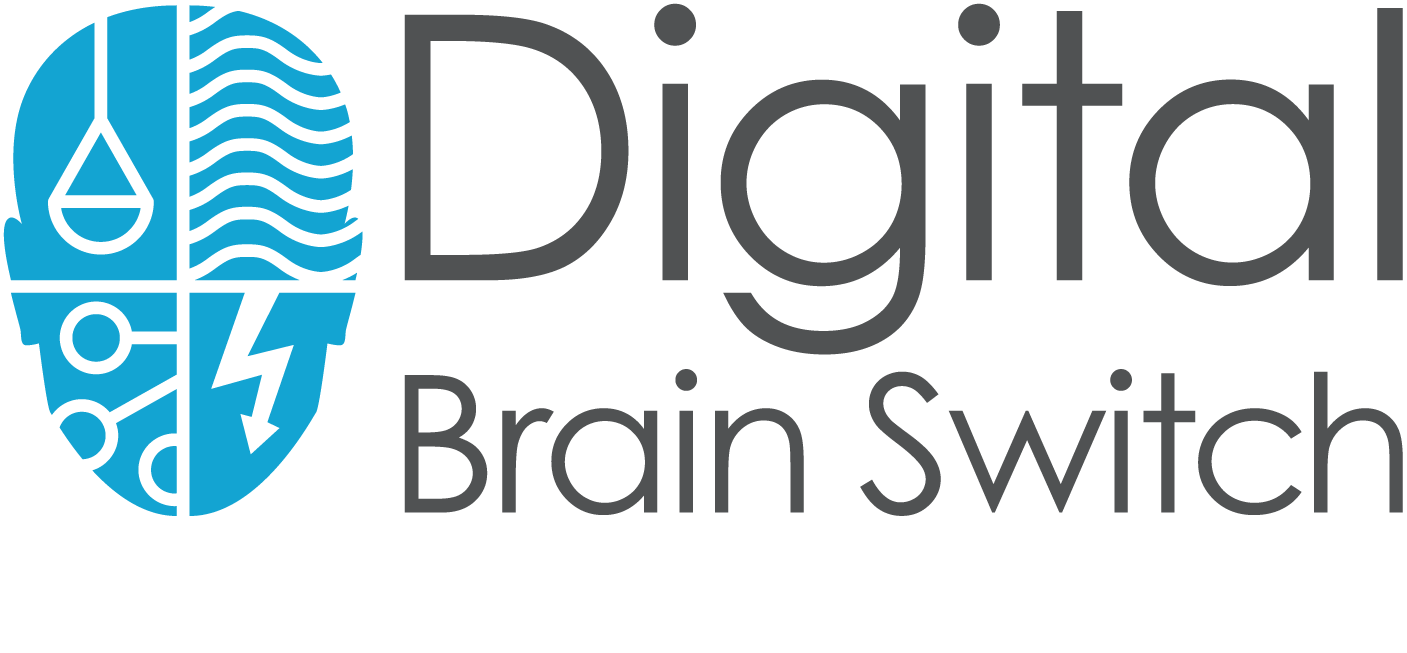Chamakiotis, P. (2017). Combining interview and video methods. Panelist w/ Jon Hindmarsh (Kings) and Marlys Christianson (Toronto) at: University of Sussex, Future of Work (FoW) Research Hub event ‘Examining the potential of video-based methods in organizational research’, March 30, Brighton, UK.
Whiting, R. (2017). Sustainable working life: Insights from a video/interview study Organizations + Change [GSI Seminar]. In: GSI and Lord Ashcroft International Business School, January 27, Cambridge, UK.
The Global Sustainability Institute, out of which the Balance Network is led, and Anglia Ruskin University’s Business School ran a joint seminar on themes related to the Balance Network, entitled Organisations + Change. Three excellent speakers took part – Dr Rebecca Whiting (Birkbeck, University of London, and BN sister project: Digital Brain Switch), Deniz Seebacher (University of Vienna) and Megan Meredith (Tavistock Centre). The event looked at the issues facing corporations: how do they approach change, and what impact does it all have on their employees and working towards sustainability?
Work, life, social enterprise: Where’s the boundary? Workshop for social entrepreneurs at Health Foundry, Waterloo, London and sponsored by Impact Hub Brixton, Royal Holloway, University of London and the Balance Network. January 25, 2017. Invitation
Symon, G. and Whiting, R. (2016). Managing Work-Life Boundaries and Identities in the Digital Age. [Conference Presentation]. In: Dynamics of Virtual Work Final Conference, September 14-16, Vilnius, Lithuania.
Roby, H., Symon, G., Whiting, R. and Chamakiotis, P. (2016). Reconceptualizing Work-Life Boundaries. [Interactive Workshop Session]. In: BEYOND BALANCE: How digital technologies are affecting our work, our homes, and everything in between, in collaboration with The Institute of Engineering and Technology (IET), June 27, London, UK.
Whiting, R. and Roby, H. (2016). Digi-Housekeeping: A new form of digital labour? [Seminar Presentation]. In: Department of Strategy & Marketing, Open University Business School, April 13, Milton Keynes, UK.
Symon, G. and Whiting, R. (2016). Video diaries for reflective learning: the case of work-life boundaries. [Seminar Presentation]. In: ESRC Seminar Series: Sustaining Employee Wellbeing in the 21st Century, March 4, London, UK.
The focus was on two aspects of the video and interview study. First it allowed us to capture complex subjective expressions of well-being and its converse (moments when participants talked about how they were feeling about their current work life balance and about activities oriented to manage well-being in relation to work-life boundaries).
Second, the study prompted reflection, learning and some reported behaviour change on the part of the participants. Specifically, we saw how objectifying themselves provided participants with a new perspective, how participants affirmed valued activities and experiences, how realisation showed participants learning about themselves and how participants articulated a need for change and made plans for different behaviours.
Whiting, R. and Symon, G. (2015). Capturing the everyday negotiations of work-life boundaries and transitions. [Seminar Presentation]. In: British Psychological Society, Research Seminar Series 2015: Exploring the ‘always on culture’. Implications of technology use across the working life span for well-being, work-life balance and work outcomes, May 15, London, UK.
The presentation comprised five case studies of people from various life stages and backgrounds (from our three participant groups) and applied in-depth analysis to their accounts of their everyday technology-mediated negotiation of boundaries.
Whiting, R., Roby, H., Chamakiotis, P., Symon, G., Chong, M.K., Whittle, J., Rashid, U. and Ang. C.S. (2014). Anytime, anywhere: Negotiating work-life boundaries in a digital world. In: Fifth Annual Digital Economy All Hands (DE2014), December 3-5, London, UK.
Below is the video that we presented at the above conference.
Whittle, J. and Symon, G. (2014). Multi-sensory experiences: exploring work-life balance in a digital world. [Seminar Presentation]. In: University College London Interaction Centre (UCLIC) Seminar Series, June 4, London, UK.
Digital technologies – smart phones, email, social networking, etc. – are fundamentally changing our relationship with work. Digital technologies enable us to be always connected and allow us to work wherever and whenever we want. However, the question remains as to how digital technologies affect our work-life balance. Is always-on connectivity a good thing because it gives us freedom to work any time and any place? Or does it cause unnecessary stress because we can never switch off?
The Digital Brain Switch (DBS) project is studying the changing nature of work-life balance as a result of digital technologies. We are particularly interested in how people switch between different work-life roles – parent, spouse, friend, co-worker, manager, employee – and how digital technologies either support this or act as a barrier.
In this talk, we will present early results from the project. The project takes a multi-disciplinary approach. We have worked with three diverse groups of participants to collect video diary and interview data on how digital technologies affect work-life balance. In addition, we are designing and building new technologies that could potentially help people to manage their work-life balance.
Chamakiotis, P. and Whiting, R. (2015). Help – I need a Digi Housekeeper! [Podcast]. In: The 2015 Cumbria Social Enterprise Partnership (CSEP) Annual Conference & Awards, March 9.
Presentation slides (without audio)
Mobile technologies and social media both provide excellent support for activities important to Social Entrepreneurs. However they also raise many issues that SEs may struggle with, often alone.
In this session the Digital Brain Switch team reported back on their research using video diaries and one-to-one interviews with social entrepreneurs and others who discussed how their use of such technologies is embedded in their everyday lives. They highlighted such activities and experiences as Digi-Housekeeping, Time Triage and Identity Struggles, as well as summarising the participants’ reflection on their own practices through the video diaries.
Whiting, R. and Chamakiotis, P. (2014). The Digital Brain Switch ‘Share a Cuppa’ Webinar. [Webinar], January 19.

Takeaways:
• Presented our emerging research findings;
• Demonstrated our latest technology; and
• Discussed next steps to capture participants’ learning — we’d like to hear your experience since taking part!

